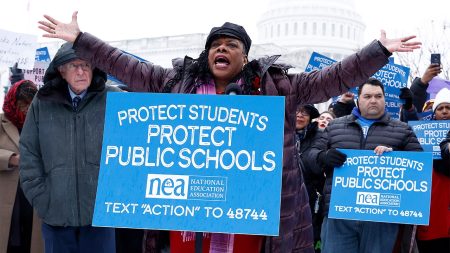Florida Man Arrested After Threatening Churches Following Job Loss
In a troubling case highlighting the intersection of personal crisis and public safety, a 32-year-old Florida man named Michael Iaboni was recently arrested for making alarming threats against churches after losing his job. The Palm Beach County Sheriff’s Office took action following a tip submitted to Crime Stoppers, uncovering a series of disturbing social media posts in which Iaboni expressed violent intentions toward religious institutions. The case underscores growing concerns about the connection between personal hardship and potential violence, especially when directed at community gathering places like houses of worship.
According to investigators, Iaboni’s concerning behavior began shortly after his termination from employment. On November 4, he posted a video—later deleted but preserved as evidence—in which he stated, “I got fired and I’m fired up.” More alarmingly, he was seen mimicking rifle movements while making shooting sounds, declaring “It’s all kill shot.” The rhetoric escalated to specific threats, with Iaboni mentioning Christ Fellowship church by name, saying it was “on my list to hit.” Law enforcement took particular note of his statement that “My end game is taking you out,” and his ominous warning that “it’s not necessarily the people that are yelling that you need to be worried about, it’s the quiet ones… I expect death to come fast and very violent.”
The timing and proximity of these threats raised immediate red flags for authorities. Investigators discovered that Iaboni lived approximately 1.5 miles from Christ Fellowship, one of the churches he specifically threatened. Further investigation revealed that just days before his threatening posts, on November 2, Iaboni had signed up for a “Journey” event at Christ Fellowship, ostensibly to learn more about the church. This behavior pattern suggested potential reconnaissance, prompting church staff to alert the Palm Beach Gardens police about Iaboni’s recent frequent visits to the church property. The situation escalated on November 7 when Iaboni reportedly made another threatening post suggesting his actions were “gonna look like a genocide.”
The case highlights the challenges faced by law enforcement and communities in identifying and addressing potential threats before they materialize into violence. Iaboni’s statements reflected several concerning elements that experts often identify as warning signs: specific targets, expressed intent, apparent planning, and references to methods of violence. His comments about understanding “people that I am going to be going after” and no longer fearing death suggested a dangerous mindset. These factors, combined with his physical proximity to at least one stated target and his recent interaction with the church, created a situation that authorities deemed required immediate intervention to ensure public safety.
The arrest represents part of a broader national conversation about threat assessment and prevention in an era where mass violence has repeatedly targeted houses of worship. Churches, synagogues, mosques, and other religious institutions have increasingly implemented security measures and threat monitoring systems in response to such incidents. In this case, the communication between church staff and local police about Iaboni’s unusual behavior demonstrated the kind of community vigilance and partnership with law enforcement that security experts recommend. The Crime Stoppers tip that initiated the investigation further illustrates the critical role that public awareness plays in preventing potential violence before it occurs.
Following his arrest, Iaboni was charged with written threats to kill or do bodily harm, a serious offense reflecting the criminal justice system’s recognition of the harm caused by such threats, regardless of whether they would have been carried out. A judge set his bond at $250,000, acknowledging the severity of the allegations. While the legal process will determine Iaboni’s ultimate accountability, this case serves as a sobering reminder of how personal setbacks can sometimes trigger dangerous responses in vulnerable individuals, and the importance of both mental health resources and threat assessment protocols in protecting community spaces like churches that should serve as sanctuaries for peaceful gathering rather than targets of violence.







